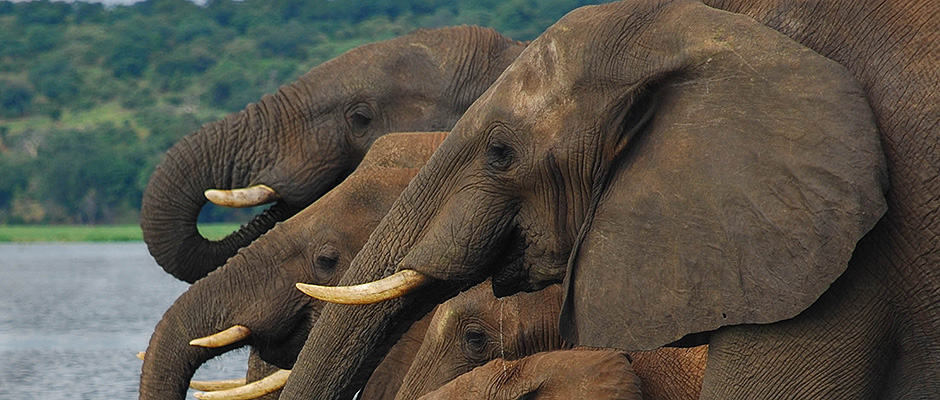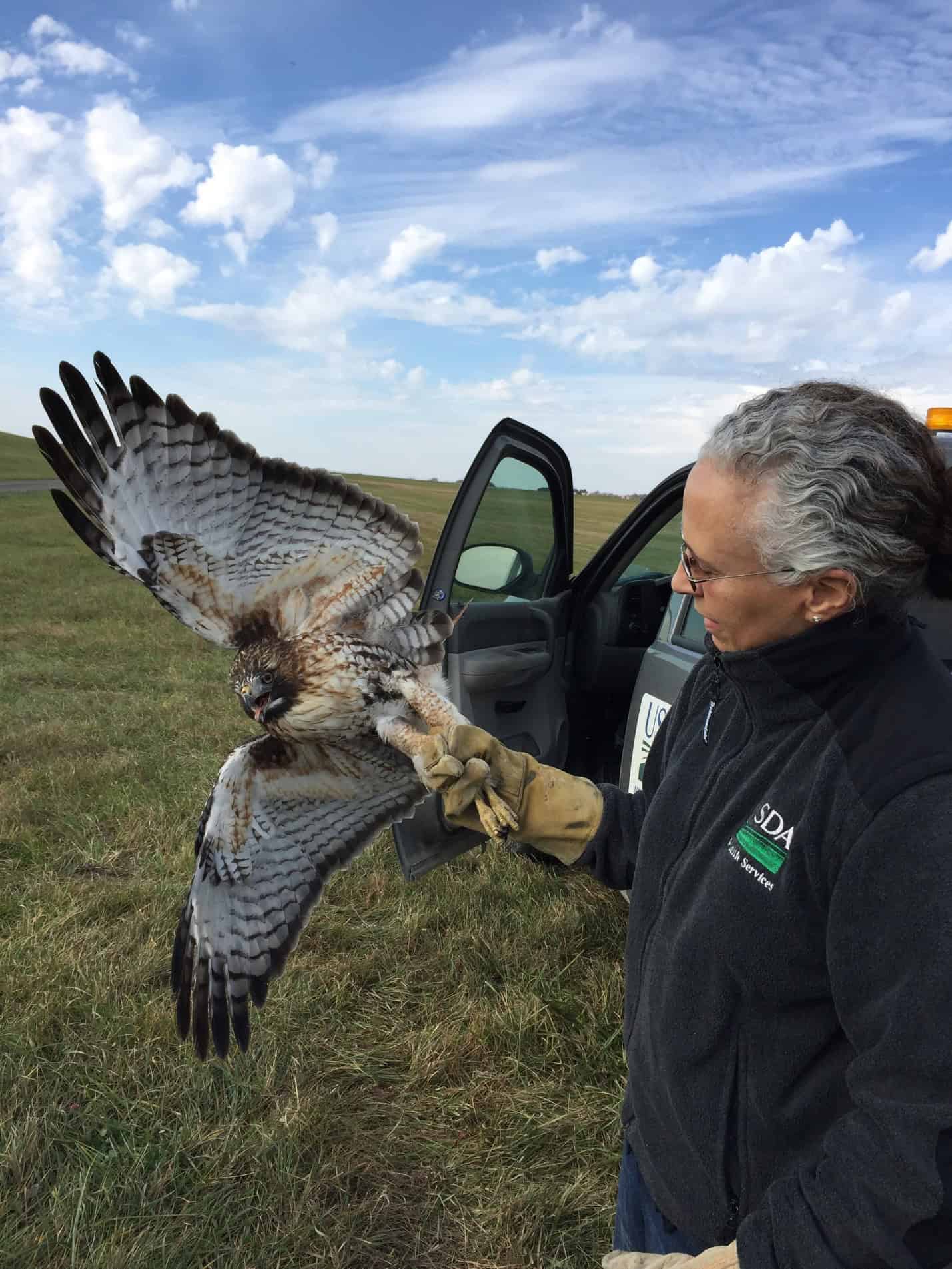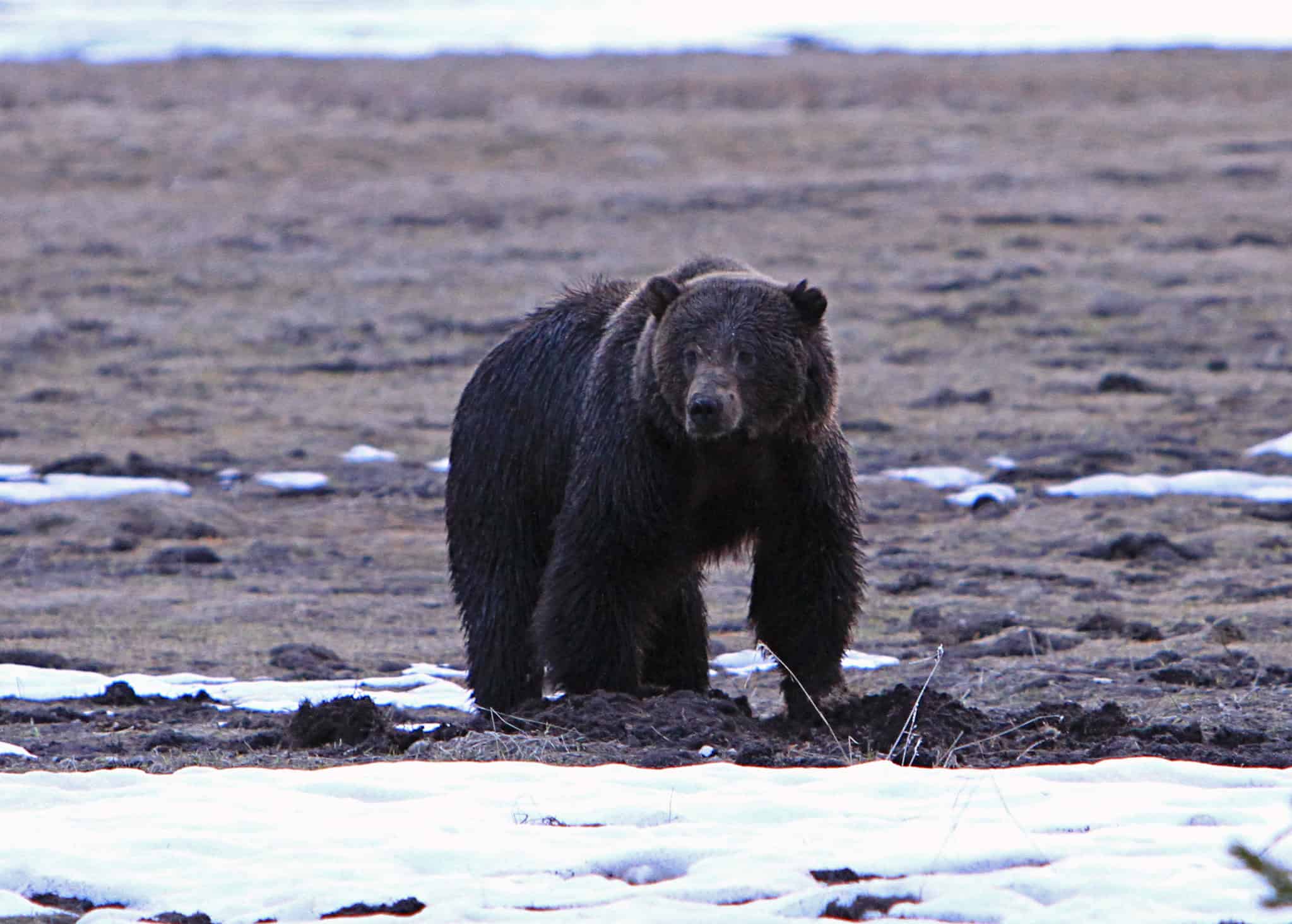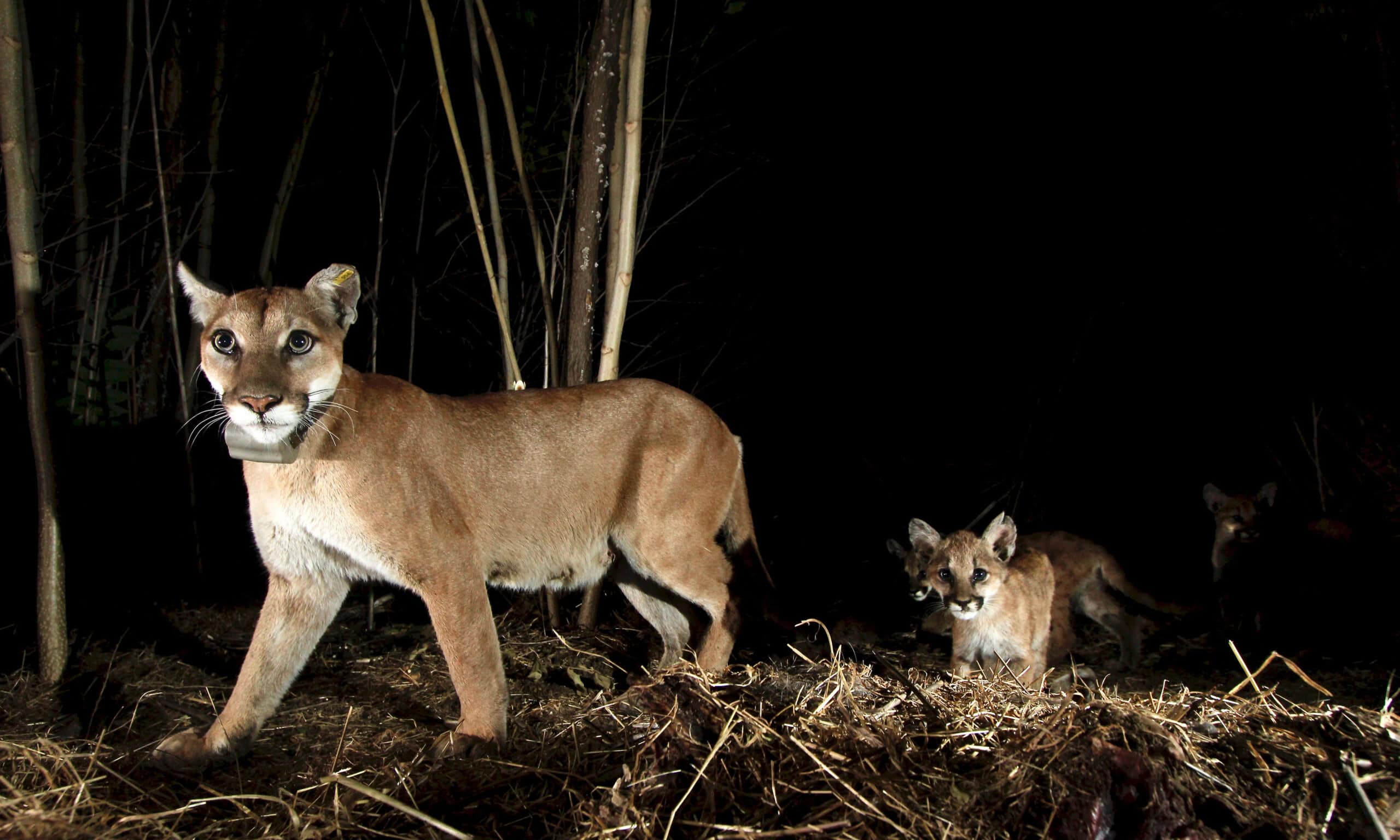Share this article
Wildlife Cybercrime Exposed
Thousands of endangered wildlife or wildlife products are being sold on public websites, a new report by the advocacy group, the International Fund for Animal Welfare (IFAW) has revealed.
As part of a six-week investigative effort, that was launched earlier this year, IFAW investigators scanned 280 virtual marketplaces including eBay and Craigslist , perused listings for advertisements of species protected by the Convention of International Trade of Endangered Species, and documented more than 33,000 items for sale — including stuffed hummingbirds in Belgium, live tortoises in France, and wolf fur coats in Poland — with an estimated total value of more than ten million dollars.
“Wildlife cybercrime poses a sinister, silent threat to endangered species including elephants, reptiles and birds, enabling criminals to go about their grisly business with anonymity,” said Azzedine Downes, President and CEO of IFAW in a statement.
One such threat comes in the form of online ivory trade. Nearly one-third of advertised items were either made or suspected to be made of ivory — most of those advertisements came from websites and posts in China. Though government-approved suppliers can legally sell ivory within the country, China has banned those suppliers from selling it online; yet, the IFAW reported ivory and ‘suspected ivory’ products made up nearly 80 percent of China’s online, endangered-wildlife trade.
“Governments must ensure they have robust laws in place that specifically tackle the unique challenges of wildlife cybercrime supported by sufficient enforcement capacity, while online marketplaces must commit to strong policies that are effectively implemented to prevent their platforms being abused by wildlife criminals,” the report stated. IFAW recommends governments and online marketplaces require sellers to disclose permit information in advertisements for CITES-listed species.
While the IFAW could confirm the legality of a portion of all advertisements as part of its investigation, it admits it cannot determine exactly how many of the items were illegally traded. IFAW did, however, consider the legality of 1,192 advertisements questionable enough to submit its findings to national enforcement agencies.
Header Image: Image Credit: Caroline Granycome








